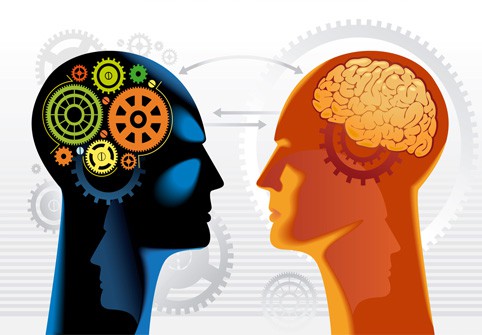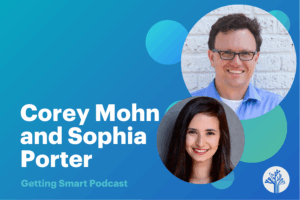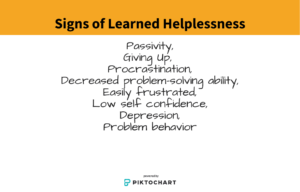The Mature Brain: There’s Hope for the AARP Eligible

 Patricia Cohen, author of “In Our Prime: The Invention of Middle Age,” wrote an interesting summary of what we know about aging brains–the good, the bad, and the ugly. Patricia opens with the story of a physician, William Osler, who retired in 1905 at the age of 55 and noted, “men above 40 years of age” are useless. Fortunately the rest of her piece suggests that Osler may not have been entirely correct.
Patricia Cohen, author of “In Our Prime: The Invention of Middle Age,” wrote an interesting summary of what we know about aging brains–the good, the bad, and the ugly. Patricia opens with the story of a physician, William Osler, who retired in 1905 at the age of 55 and noted, “men above 40 years of age” are useless. Fortunately the rest of her piece suggests that Osler may not have been entirely correct.
Patricia pins her hope for old brains on the work of Gene D. Cohen, a founder of the field of geriatric psychiatry, who describes crystallized intelligence, “the skills that are acquired through experience and education, like verbal ability, inductive reasoning and judgment” and “dependent on a bouquet of influences, including personality, motivation, opportunity and culture.”
You may have heard Gary Marcus, author of Guitar Zero: The New Musician and the Science of Learning, on NPR this morning echoing similar lessons–old brains can learn new tricks but they often use work arounds.
In his book The Mature Mind: The Positive Power of the Aging Brain, Gene Cohen describes “one of the brain’s most powerful tools is its ability to quickly scan a vast storehouse of templates for relevant information and past experience to come up with a novel solution to a problem. In this context, the mature brain is especially well equipped, which is probably why we still associate wisdom with age.”
Similarly, a recent study by Richard Nisbett and Igor Grossmannon concluded, “Older people make more use of higher-order reasoning schemes that emphasize the need for multiple perspectives, allow for compromise, and recognize the limits of knowledge.”
But what about the fact that us AARP eligible folks can remember anything? Margie E. Lachman, a psychologist at Brandeis University, was the principal investigator on an enormous study on aging. They determined that education and ongoing mental challenge are associated with a longer life and decreased risk of dementia. “Everyone in the study who regularly did more to challenge their brains — reading, writing, attending lectures or completing word puzzles — did better on fluid intelligence tests than their counterparts who did less.”
You may not remember the name of a person you met yesterday but all of these authors are more optimistic about the potential for cognitive contribution by those of us that are AARP eligible.








0 Comments
Leave a Comment
Your email address will not be published. All fields are required.